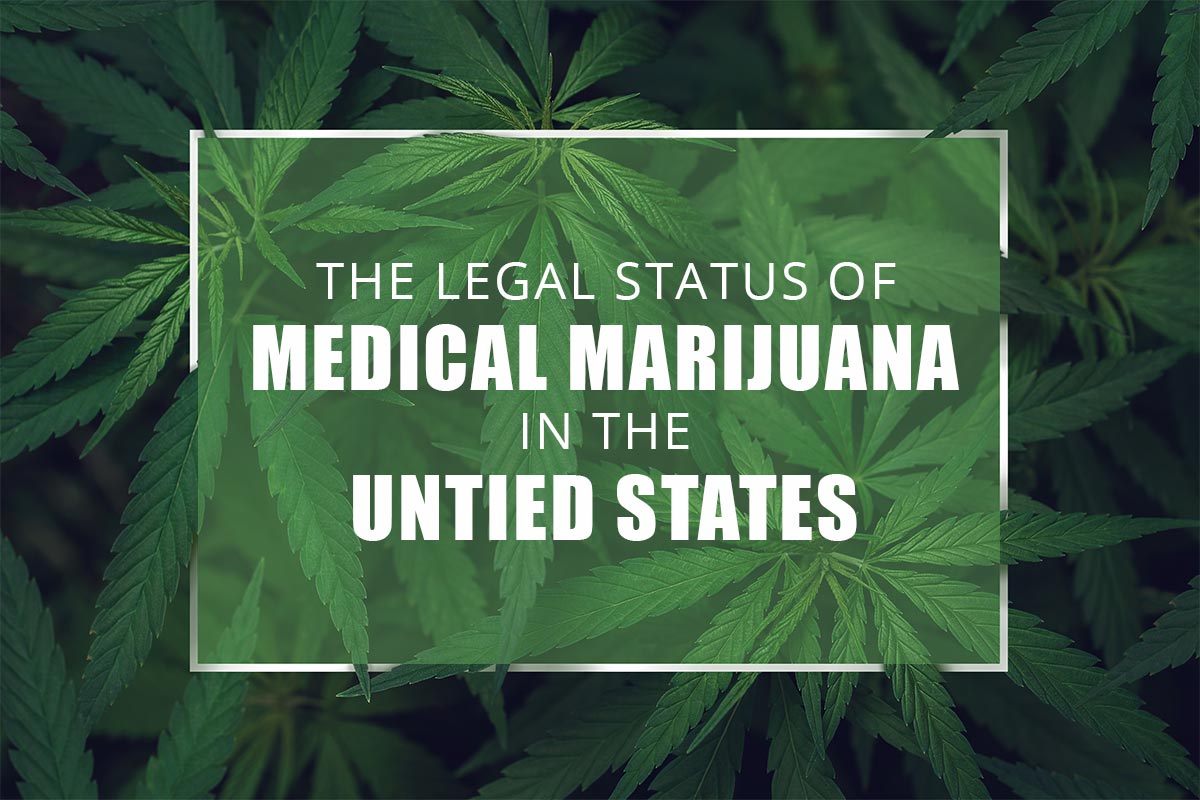[ad_1]
Imagine walking into your office one morning and finding out that your credit card services had been terminated overnight. They were cut off not for lack of payment and not for being involved in an illegal business, but rather they were cut off for indeterminate “unacceptable business practices.” This is a reality facing many owners of medical marijuana dispensaries who get “creative” with their applications; and if you fabricated your application it can be a legitimate termination – but that isn’t always the case.
Left Without Service
The story above isn’t uncommon. It happened recently to Alternative Medical Choice, Inc., a consultation service based in Oregon. What does AMC do that got them in trouble with their service provider Intuit? AMC is a business which offers consultations with doctors for the approval of medical cannabis use under Oregon law. Even though the clinic does not dispense or distribute medical cannabis, it has lost its services.
Intuit states that they terminated services because AMC did not reveal its involvement with medical marijuana. When further questioned about terminating some 3000 other accounts they hold with clinics offering the same services, they stated that they would not be terminating those accounts because they didn’t feature medical cannabis on their web pages. AMC offered to remove the reference, but Intuit won’t reestablish the account because “now we know.”
PayPal, the online payment service, has also terminated accounts associated with medical marijuana consultation references.
DEA, FDA, IOM and Other Alphabet Soup
Part of the problem businesses face stems from the question of whether or not marijuana is actually medicinal. The DEA and the US government hold the position that smoking marijuana has no medical value. The American Cancer Society, the AMA and the AAP all agree that smoking is not an optimal way in which to gain any benefits, if they exist. Alternate methods of ingestion are being investigated.
Even the large Institute of Medicine study frequently cited by proponents of medicinal marijuana actually opposes the use of smoked marijuana for medical benefits. The study found that there were some “potentially therapeutic” benefits to cannabinoid drugs, primarily THC, but that other available medications offered better results. The lack of standardization, the method of dosage and other factors all lead to the IOM rejecting the idea of more studies.
Where Do We Go Next?
Just like many other hot potatoes, few people want to handle this one. For those who have opened dispensaries, the challenges involved in obtaining traditional financing, accounts and services have sometimes become overwhelming. For others who remain in the business, alternatives are available.
While selling cannabis online remains illegal, the Internet is a good place to search for companies willing and even eager to enter the market. By searching specifically for merchant account providers familiar with the risks involved in legal medical marijuana sales, entrepreneurs can find the services they require without obfuscation.
With 15 states and the District of Columbia already de-criminalizing the sale of marijuana products for medicinal purposes it is likely that the issue will come to a head soon. Some states, such as California, are planning to charge dispensaries sales tax on all of their transactions – leaving such a cash cow alone when state coffers are stripped bare is unimaginable. The question remains: how will the federal government respond to the move?
Is it About Money or Perception?
It is easy to imagine the government moving in either direction.
Cannabis remains illegal in most of the world, and possession is considered a capital offense in many countries. The US government is unlikely to want global opinion to be so effected. On the other hand, the taxes provided by legalizing an already flourishing industry could reach $2-6 billion.
Unfortunately for merchants, there is no conclusive argument at this time. Obtaining business services will remain difficult and sudden terminations likely until all government agencies, state, local and federal are on the same page.
[ad_2]


